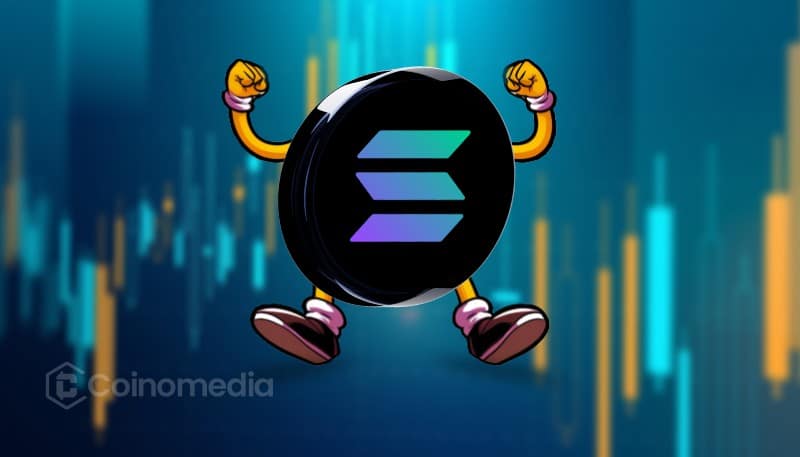
- Solana to remove 3 low-staked, long-tenured validators per new one added
- Aim is to reduce dependence on Foundation stake
- Policy supports a more decentralized network
Solana Takes Bold Step Toward True Decentralization
In a significant update, the Solana Foundation has announced a major change to its validator program. The new policy will remove three existing validators—who have been active for over 18 months and hold less than 1,000 SOL in external stake—for every new validator added to the network.
This shift is aimed at reducing the network’s reliance on the Foundation’s stake delegation and enhancing overall decentralization—a core value in blockchain ecosystems. The Foundation believes this move will incentivize higher quality participation and broaden the community of stakeholders securing the network.
Why This Matters for Solana’s Future
Solana has long been praised for its high throughput and low transaction fees. However, decentralization concerns have occasionally surfaced, especially regarding the distribution of stake. A substantial portion of validator stake has historically been delegated by the Solana Foundation itself, raising centralization worries.
This updated validator policy seeks to address these issues directly. By phasing out validators who have failed to attract significant community stake over time, and simultaneously making space for new participants, Solana is signaling a stronger commitment to a healthier, community-driven validator ecosystem.
This also means new validators with solid community backing will now find it easier to enter the network, possibly increasing regional diversity and reducing the influence of a small group of long-standing participants.
What This Means for Validators and Stakeholders
For existing validators, this is a wake-up call: attracting external stake is now more crucial than ever. It also puts pressure on validators to engage more actively with delegators and provide transparent, quality services.
For token holders, the changes are a positive step toward a more resilient and distributed network. It offers reassurance that Solana is not only focused on performance but is also addressing core governance and decentralization concerns that are essential for long-term viability.



